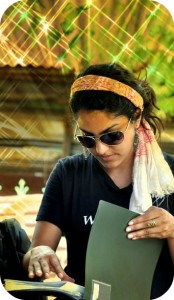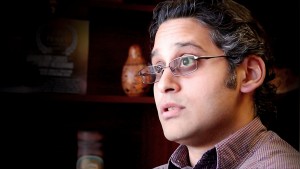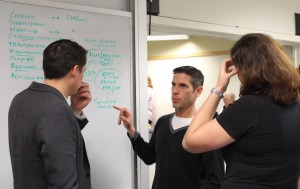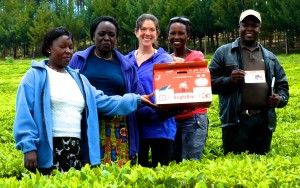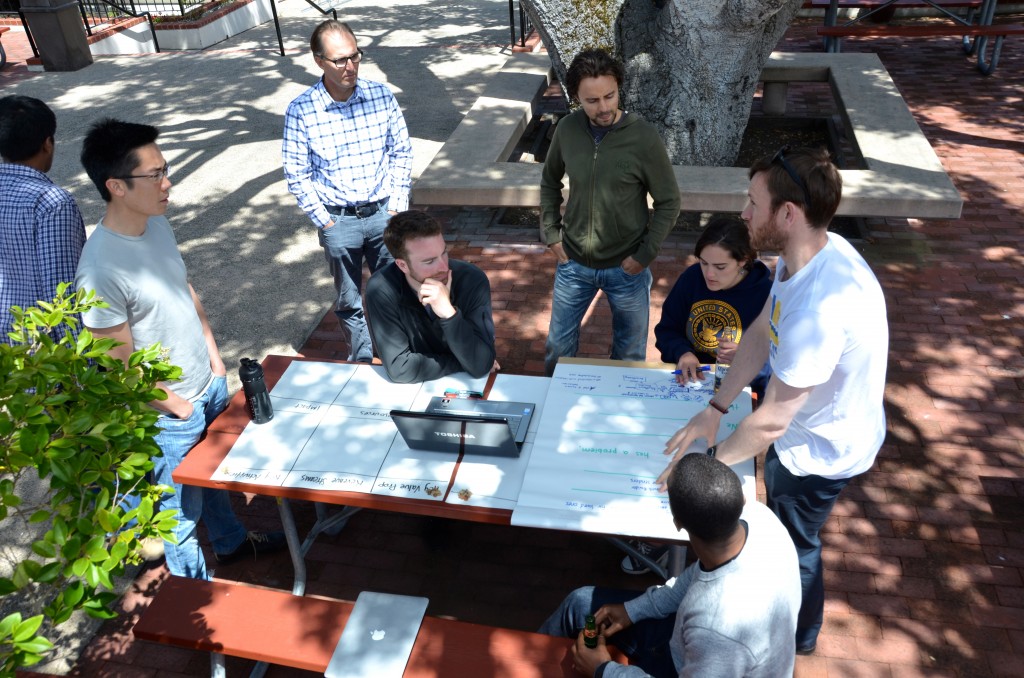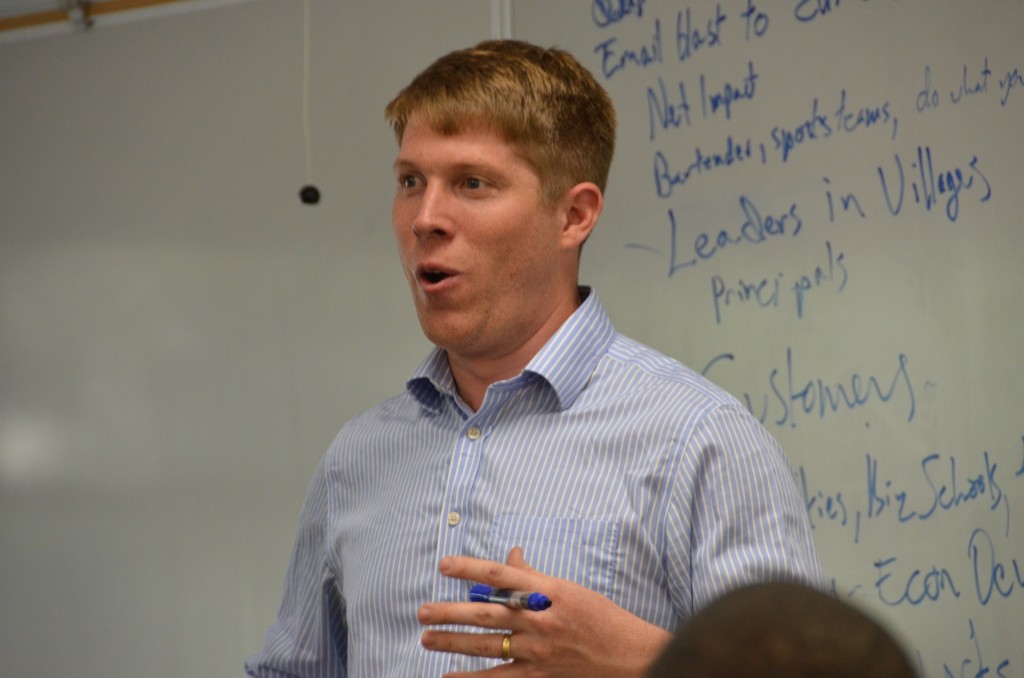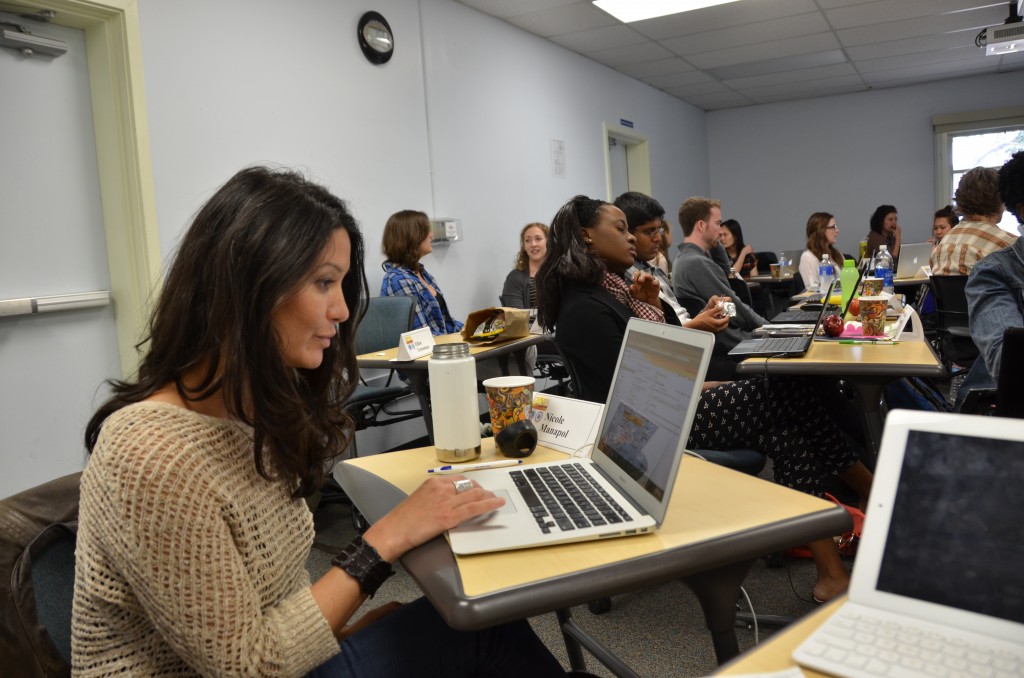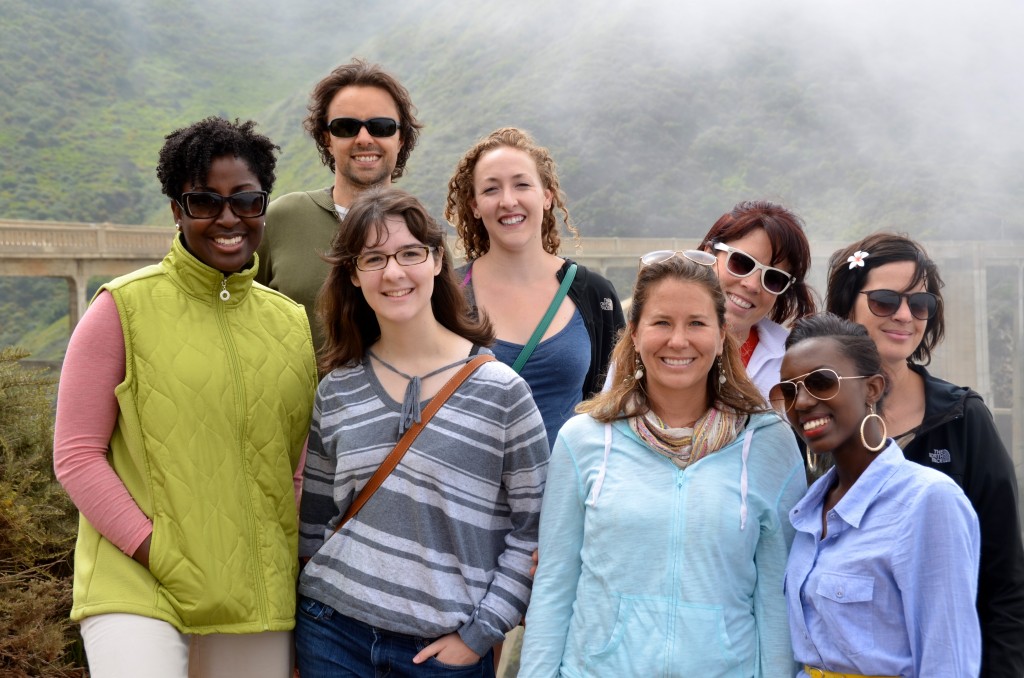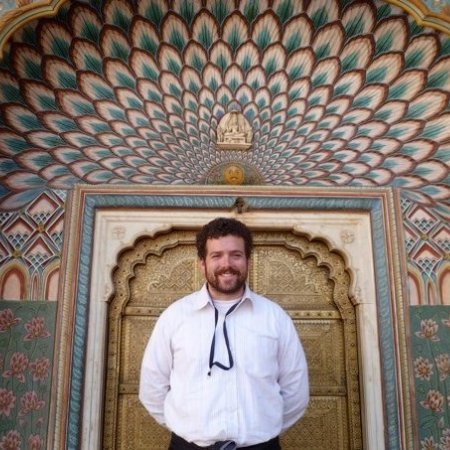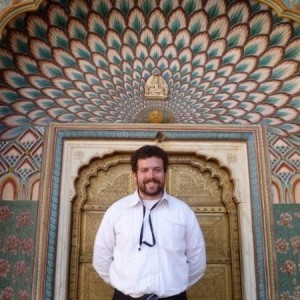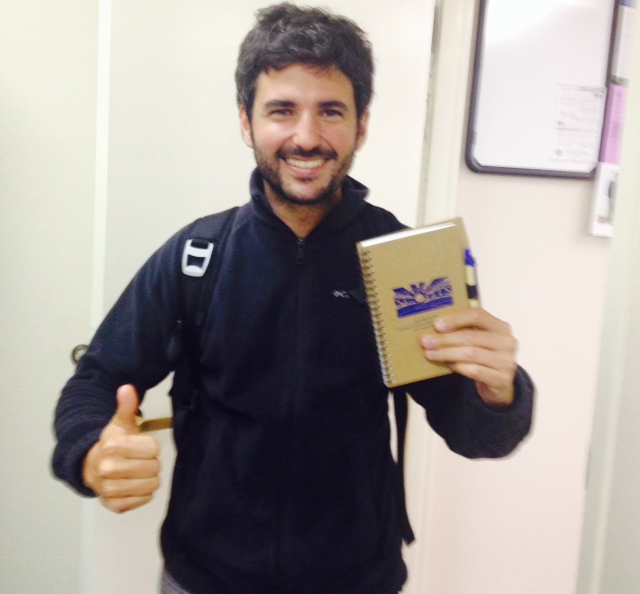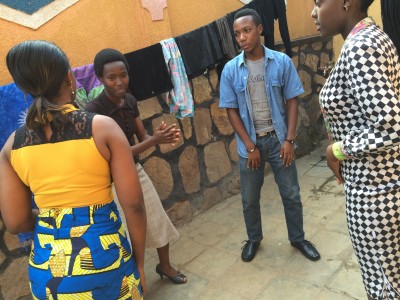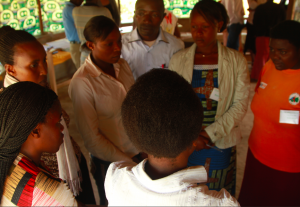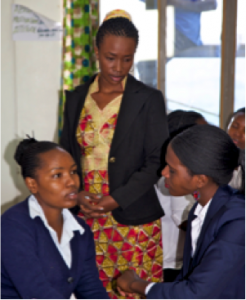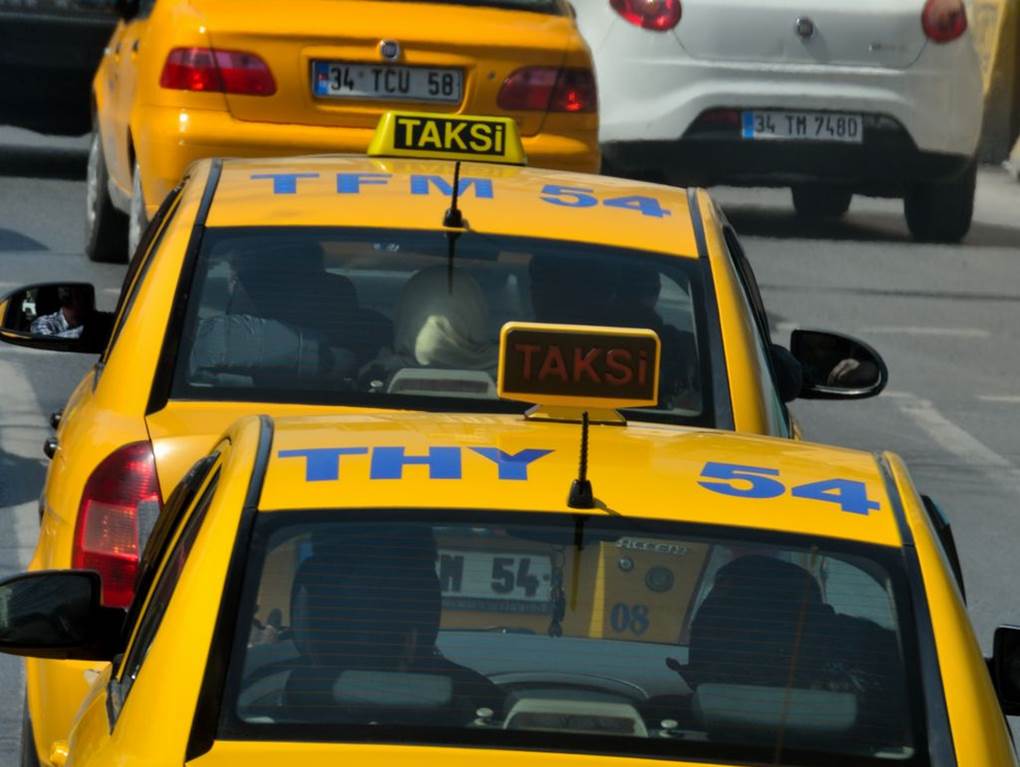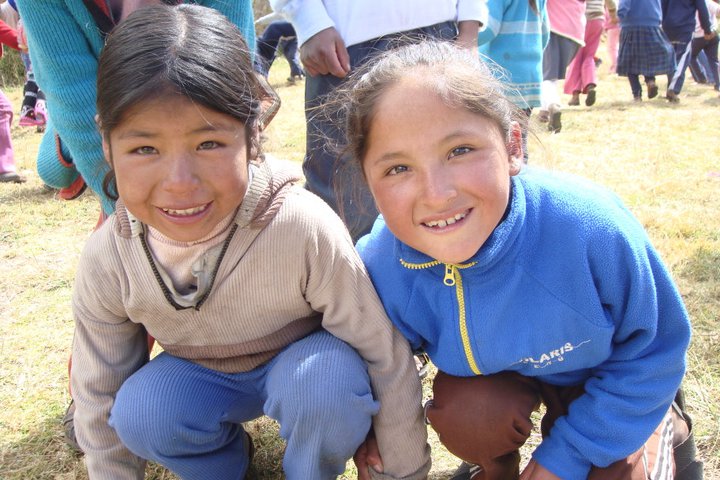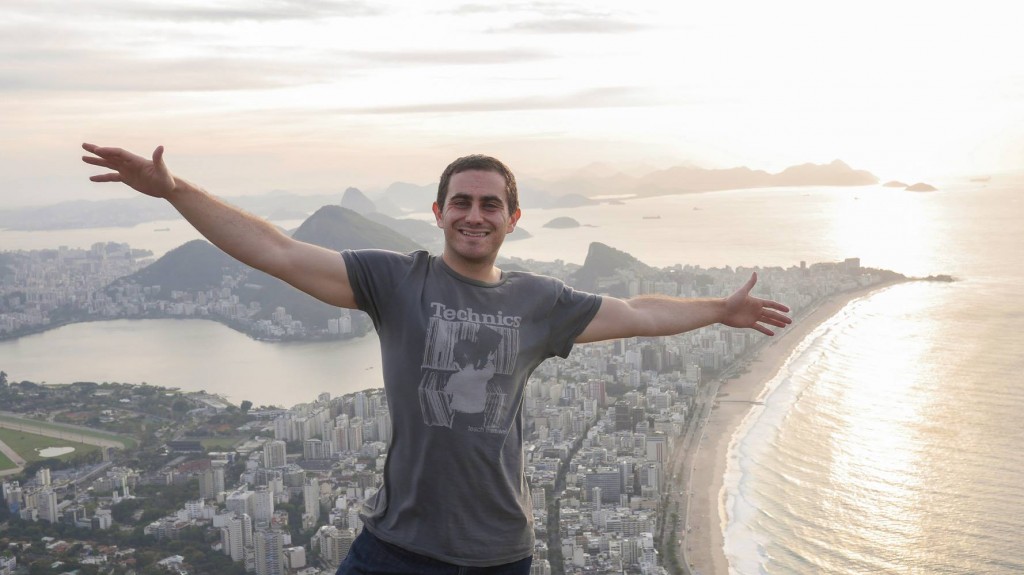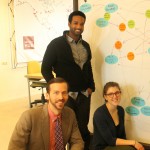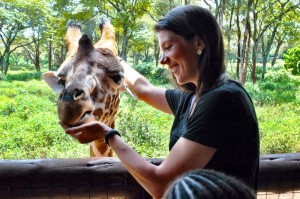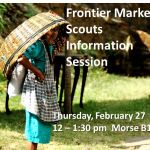“Having an Impact Officer shows our commitment to impact. Social Entrepreneurs really do want to make a difference, so they are creating new systems in an effort to track data and set benchmarks and goals.”

Sarah Sterling is an FMS Alumna (and MIIS MPA alumna) who participated in our 2015 Amsterdam Training. Her current FMS fellowship is with Pomona Impact in Antigua, Guatemala where she works as the Social Impact Metrics Officer. She has found her home there, working out of the Impact Hub, and indulges in her passion for impact as she attends conferences around the world. She worked for the Center for Social Impact Learning (CSIL) while studying at the Middlebury Institute and will be joining us in June for the first FMS Hard Skills Clinic. We are excited to share her updates from Antigua:
Why did you join FMS?
As a student at the Middlebury Institute in Monterey and working with CSIL, I constantly heard great things about the FMS program and knew that it was a perfect launchpad for a career in impact post-graduation. I planned to take FMS training right before graduating with my Masters in Public Administration so that I could start a fellowship right away, and it worked out perfectly. I gained incredibly valuable skills, enhanced my network and made connections I wouldn’t have otherwise. Today I am working in a dream city with amazing co-workers doing very rewarding work. Joining FMS was a great decision and I couldn’t be happier.
What was your biggest takeaway from FMS?
FMS is a really amazing opportunity, not only to have a very supportive and diverse environment for those wanting to be exposed for the first time to social enterprise and impact investing, but also for experienced professionals coming from other spaces and who may have exposure but want to fully pivot into the impact space and find deeper connections in the network. It can be intimidating to take a course as a professional student in something that you don’t have background in. Learning about investment in general is intimidating to most of us. FMS was a great introductory course and a space where I felt comfortable asking questions that I may have been too intimidated to ask if I were in a room full of seasoned investors. I was able to gain much more knowledge this way and I’m grateful for that. With such a diverse cohort of participants, you find yourself learning much more than you expected, because you are not only learning from the instructors, but from your peers as well. In addition to that, the fellowship option is of course extremely valuable. It helps fellows develop professionally and really put that introductory knowledge and the newer skills to use in an important way.
Tell us about Pomona Impact and your current position
Pomona Impact was founded in May 2011 and is based in Guatemala. It is an impact investing fund focusing on deploying capital for good and supporting social entrepreneurs in Central America. We’ve made 16 investments to date and our portfolio is growing. In my role as Social Impact Metrics Officer, I have helped create a system for Pomona to measure and evaluate the social impact of our investments. In order to do that, I interviewed a number of other companies that do similar work and have used a variety of different tools, such as Acumen Lean Data, to assess the metrics that our companies are already using to measure impact. From there, I’ve been creating a system that is very simple and focused on the impact that we want to see and how to measure that impact by collecting specific metrics. Many of our portfolio companies report with IRIS and so we in turn also often use IRIS.
What metrics is Pomona Impact using now?
We have three key metrics, which I call umbrella metrics. These are all from our perspective, to measure the impact that is created when we make investments in other companies:
- Number of Jobs Created
- Revenue Generated
- Number of Lives Touched (direct and indirect beneficiaries)
Do you see the role of Impact Officer becoming more common?
For Pomona, having an Impact Officer shows our commitment to impact. It helps our portfolio companies also see the importance of tracking and monitoring data. While other companies have begun to focus on social impact for marketing purposes, social enterprises naturally put impact as a top priority. Social entrepreneurs really do want to make a difference, which is why they are creating new systems in an effort to track data and set benchmarks and goals. I am starting to see these roles more and more and I highly encourage enterprises to embrace this position. Where monitoring and evaluation is crucial in the nonprofit space, impact measurement should be expected in the social impact space. Having a dedicated role for that purpose will greatly benefit a company and allows for real insight and honest conversations about the actual impact that is achieved.
What are your next steps?
My fellowship ends in the coming months, but I have been hired for the next year with Pomona, which I’m really excited about. I absolutely love it here and intend to stay in Antigua long-term if it works out. The measurement system that I work on is constantly updating, so I continue to focus on that. I’m also working on our annual report, which will be tracking data from 2011 when we were founded. I have been talking to our early portfolio companies and gathering impact data from them to combine with our current company data. We hope to release the annual report this May.
What are your top three tips for those looking to start an impact career?
Join FMS and network intentionally. Participating in the FMS training and fellowship opportunity are the best direct ways to launch an impact career. Many of the fellowships turn into long-term contracts and you’re sure to be working in an exciting location. Also, make a point of network with intention and putting your interests or needs out there so that others can lead you in the right direction. Be sure to connect others and help them find their path as well, because networking is always a give and take.
Be flexible and a self-starter. Take initiative in your positions and in the fellowship instead of waiting for someone to give you tasks. Lead a variety of different projects if you have the option. This way you are capable outside of the title you are assigned and you’re creating value both for yourself and your company.
Keep an open mind. Even if you are new to this sector and especially after taking FMS, you do have a lot of skills to offer. If you are willing to learn and intentional about learning and creating impact, then you will go far. Everyone will be learning from one another in different ways, so don’t feel intimidated to ask questions and offer help to others where they may need it as well. No one knows everything about this space yet, even the “experts” aren’t experts.
Sarah Sterling | Social Impact Metrics Officer
Sarah has several years of work experience in Central America, serving as a Peace Corps volunteer in El Salvador from 2010-2012, where she focused on rural education and small business development. She previously worked for the Center for Social Impact Learning at the Middlebury Institute for International Studies at Monterey, and brings her skills in project development and management, impact metrics, fundraising, and outreach to her current FMS fellowship with Pomona Impact. She has a BS from the University of Vermont and a MPA from the Middlebury Institute for International Studies at Monterey.
Follow Pomona Impact: Linkedin Blog Twitter
The Frontier Market Scouts (FMS) program seeks purpose-driven professionals to join its award-winning social enterprise management and impact investing certificate trainings in Monterey, California (June 6-17, 2016), and Washington, DC (Winter 2017). Founded in 2011, FMS has trained more than 300 professionals since its inception. FMS received a 2013 Cordes Innovation Award from AshokaU and has now become the flagship program of the newly launched Center for Social Impact Learning at the Middlebury Institute of International Studies at Monterey. The application deadline is April 29, 2016. Learn more and submit your application here.
